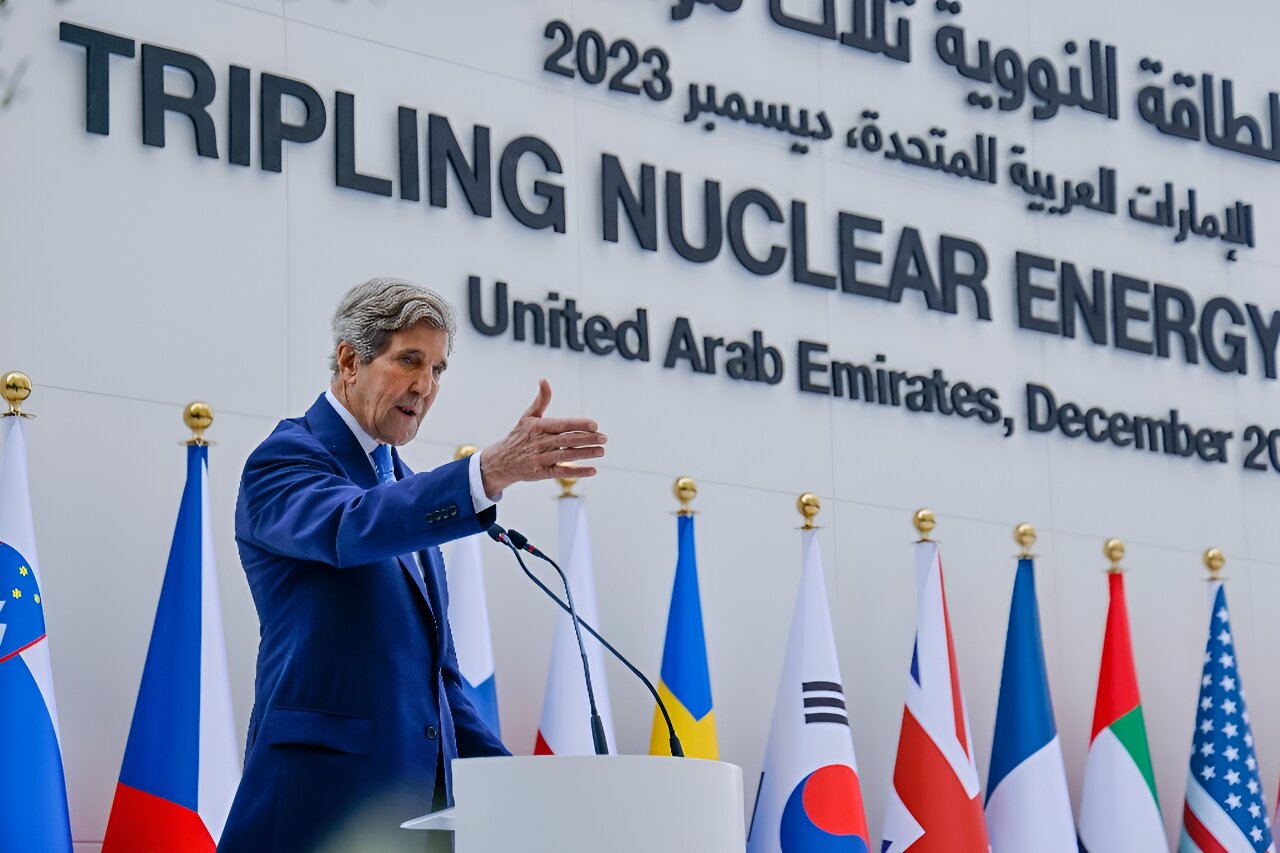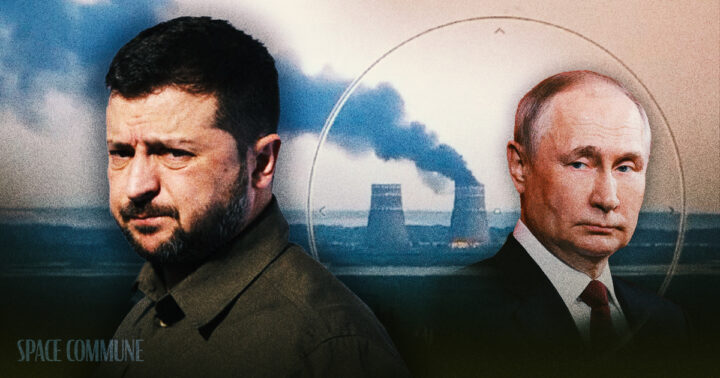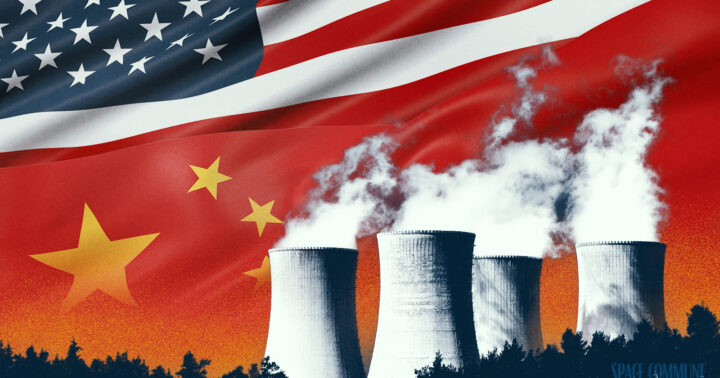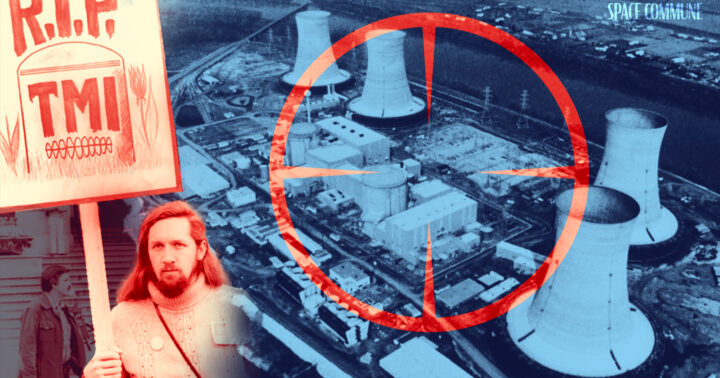Western Nuclear Advocacy is Focused on the Wrong Thing
If you’ve been paying attention, you may have noticed sentiment about nuclear energy is beginning to shift in the West. Between Germany shutting down its last nuclear plant in April and the USA, which once boasting the largest nuclear program in the world, but has commissioned only 2 reactors in almost 30 years and decommissioned 16, G7 nations have not been embracing the miraculous power of nuclear energy. But the tide seems to be turning. In February, AOC, despite having previously said “Indian point should have been shut down a long time ago” has apparently changed her tune on nuclear energy. Earlier this month at COP28, nuclear energy seemed to be having a watershed moment. The G7 countries made a declaration to “Triple Nuclear Energy Capacity by 2050” in an effort to reach “Net Zero.” But why the sudden change of heart?
Many nuclear advocates in the West are claiming victory by changing hearts and minds, but they are still perplexed about a specific angle. One puzzle piece is just not fitting together.
On Wednesday Radiant Energy Group released a report: Public Attitudes toward Clean Energy 2023 – Nuclear. “This Public Attitudes toward Clean Energy (PACE) index is the world’s largest publicly-released international study on what people think about nuclear energy.” Author Mark Nelson said what surprised him about the study was that most people think nuclear is high carbon, yet in many cases they still want it!
This surprises Western Nuclear advocates because they assume the whole world holds the same view about “climate change” that they do. What is clear from this report is that this is simply not true. Which gets us a little closer to what the real agenda of nuclear energy advocacy is in the West. These advocates have to tow a very specific line that has less to do with energy and more to do with geopolitics, whether they realize it or not.
Just last week, Taiwanese nuclear advocate Angelica Oung posted a very nice sentiment on X:
Why not transpose this sentiment to international relations? Why not build nuclear power for the world in an effort to build international peace through win-win cooperation and end all wars?
But this sentiment could not stand amongst the G7 Nuclear Energy War Hawks. Tea Törmänen, International Coordinator for Mark Lynas’ Re:Planet (a strange NGO that advocates in favor of both nuclear energy and degrowth), chimed in on the conversation. When pressed if she was for continuing war with Russia, Törmänen, a Finnish Green Party representative stated:
Let’s put aside for a moment the fact that Finland originally fought on the side of Nazi Germany against Russia, or that it was Russia’s Red Army that defeated the Nazis, or that over 20 million Russian citizens lost their lives in the Great Patriotic War (WW2). To declare that a country needs to be destroyed? This is the language of Hitler himself. I had my suspicions that some of these G7 Nuke advocates were war hawks in disguise, but when Tea let her mask drop all the way down to the floor, my jaw went with it.
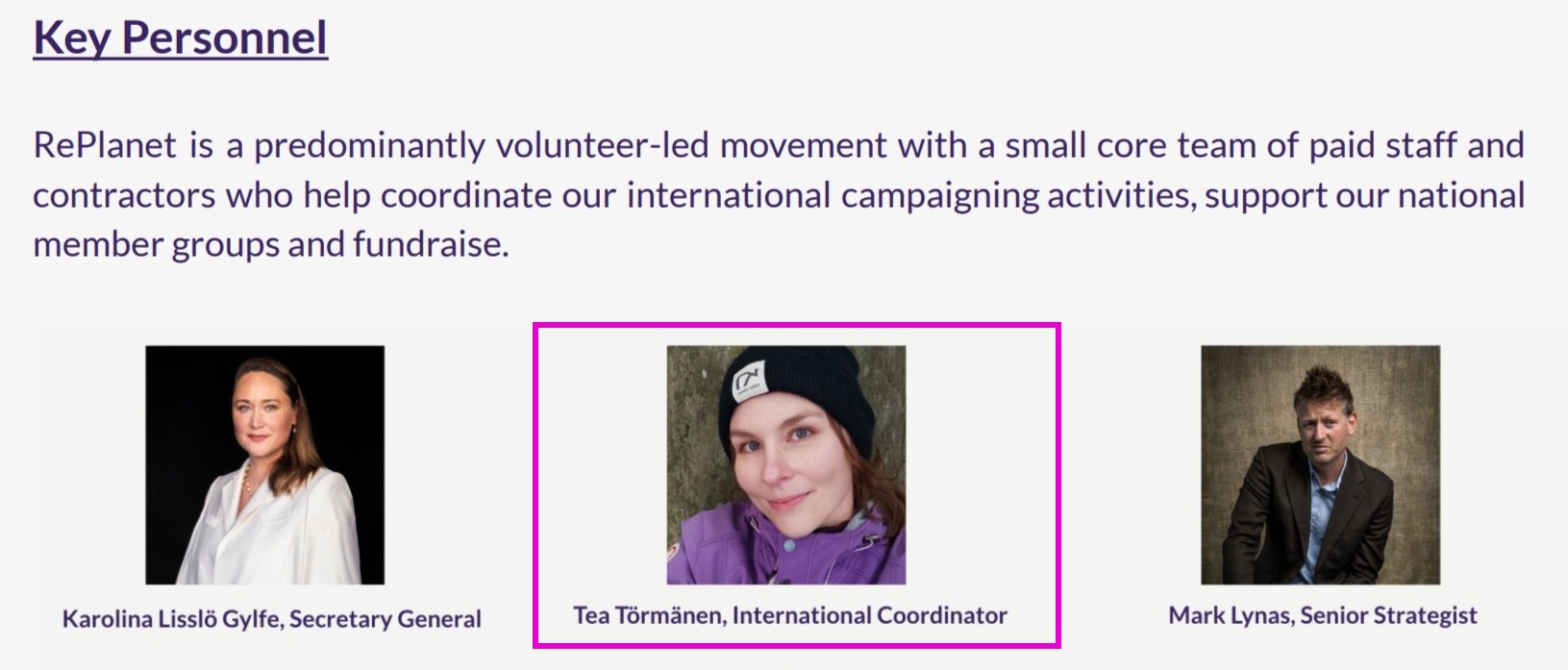
It is becoming more clear every day that the pro-nuclear movement in the West has less to do with promoting a superior form of energy and is primarily concerned with being NATO attack dogs against BRICS. This follows a historical trend of Anglo-American propaganda labeling any leader who wields the power of the state to increase their national sovereignty and productive base as a dictator. Nuclear energy is only permissible if it’s built in homage to the Low Carbon Cult. Peace and prosperity are considered a fringe benefit.
It is not a coincidence that those who are so concerned with carbon emissions fit right into a strategy of geopolitical dominance and war games. Carbon is the building block of life, to advocate so strongly against it connotes its Malthusian agenda in plain sight.
Do I think everyone in the Western pro-nuclear movement is a NATO wolf in sheep’s clothes? Of course not. But the time may be drawing near to understand the distinction within this movement and figure out what side you are on. Sovereignty or hegemony? War, or peace?
